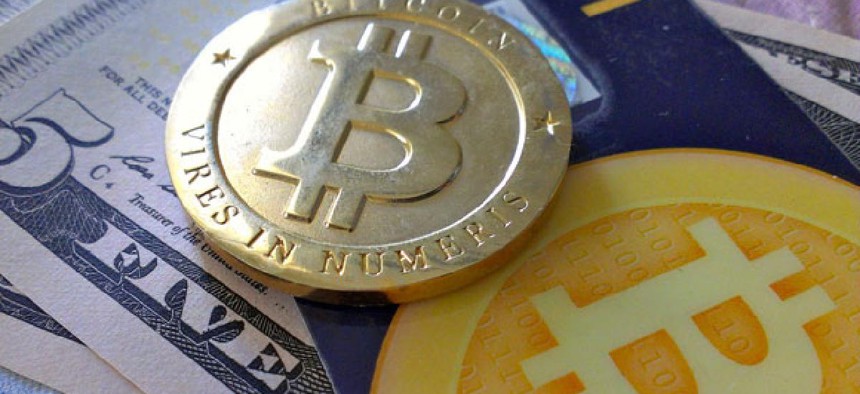A BitCoin heist and the upside of government regulation

Flickr user zcopley
Last night's Bitcoin heist of $250,000 (or so) worth of the virtual currency shows that this world isn't quite ready for an online alternative to dollar bills.
Last night's Bitcoin heist of $250,000 (or so) worth of the virtual currency shows that this world isn't quite ready for an online alternative to dollar bills because the promises of deregulation aren't worth the safety hazards. What happened at BitFloor was the equivalent of an online bank robbery, but without the FDIC protection that regular banks with regular money have. Specifically, BitFloor had 24,000 BTC -- an equivalent of $250,000 at the time, according to this site -- taken from a compromised server, as BitFloor founder Roman Shtylman abashedly admits on this Bitcoin forum. The incident has forced him to suspend the site. But more concerning than all of that is that Shtylman might not have the funds to pay back those stolen coins. "As a last resort, I will be forced to fully shut BitFloor down and initiate account repayment using current available funds," Shtylman wrote, saying he would consider looking to investor funds to get all the money back if those "current available funds" didn't cover it -- something that would never happen to a customer if this same thing happened at a regular regulated real-world bank.
Bitcoin's biggest draw is that it operates outside of government institutions, completely deregulated and self-monitored, but that autonomy also removes some of the safety nets the government provides. Let's compare this to a standard bank robbery, which still happen frequently enough to show up on Google News. (For a comparison with more parity, online thievery has happened, too. Just not as often as the IRL stick-ups.) In either case, the bank is held responsible for the lost funds, but as these FDIC regulations show, the customer is not.
Read more at The Atlantic Wire.





